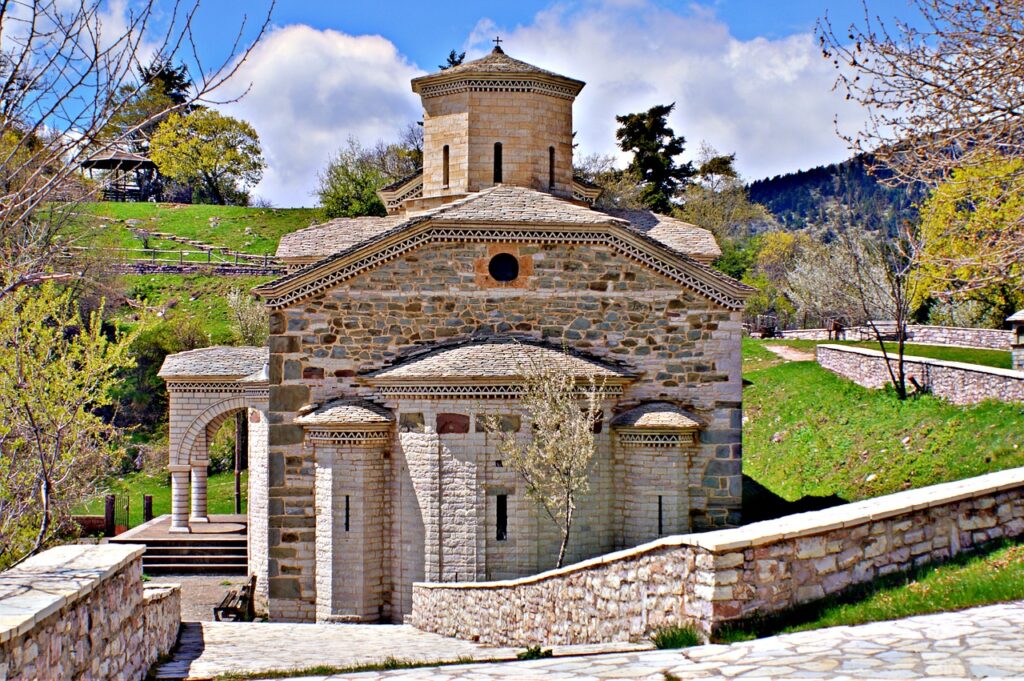
The Greek civilization brought to light democracy. A democracy of direct representation without middlemen or other electoral bodies in between. Since the 5th century B.C the citizens of Athens, who had completed the 20th year of their life, could take part in an assembly called “ecclesia of demos”, which meant: the call of the people.
It was within this assembly that the Athenians were gathered to make decisions about all the important issues of their City-State.Major issues such as the foreign policy or the declaration of war were thorougly discusssed. Each citizen could express his opinion and in case the assembly had been misled by someone’s proposal, an imminent punishment was to be imposed on the citizen who caused a political and social unrest to the city of Athens.
Not surprisingly, in the hellenic world during the early years of christianity, the word “ecclesia” was used to refer to the church. The church is still the meeting point of christians, where Jesus Christ is worshiped and people communicate each other by sharing their opinions after the mass and talk about the current affairs. It is worth mentioning that in the Eastern Roman empire known as “byzantium”, people managed to overthrow emperors by demonstrating against their policies. The Οrthodox christian church remains a place of assembly where people exchange their opinions and care for each other. The Greeks have maintained this spirit of “thought sharing” till today through religious events and celebrations. Last but not least, the presence of the orthodox parish has tremendously contributed to the preservation of the Greek language and culture during the Ottoman period and constitutes a priceless helper for the coherence of the sociecy at the outbreak of any crisis.